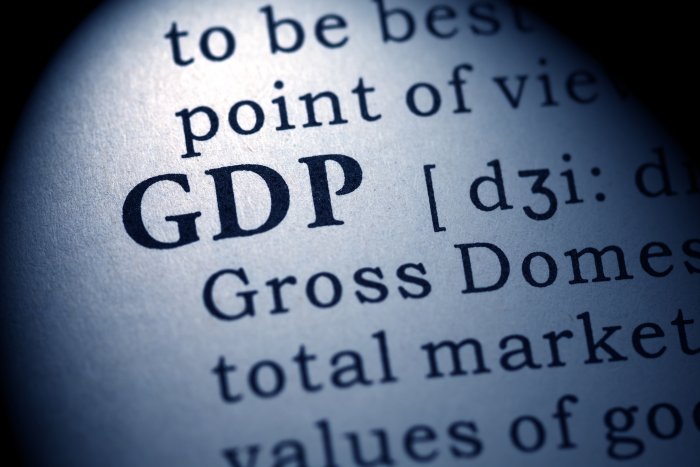OECD lowers GDP growth forecast for 2017

Photo by Feng Yu / Shutterstock.com
The OECD has lowered its projection for Hungary’s GDP growth next year to 2.5% in volume terms in a forecast published on Monday, down from 3.1% in the previous Economic Outlook released in June 2016, Hungarian news agency MTI reported.
The organization did, however, improve its 1.6% summer projection for Hungary’s growth this year to 1.7% in the fall edition of its World Economic Outlook. In newly released data for 2018, the OECD is projecting 2.2% GDP growth in Hungary.
According to the OCED economic growth slowed in 2016 because of a sharp reduction in public investment in infrastructure, arising from the slower disbursement of EU structural funds at the beginning of the new funding cycle.
More favorable credit conditions and higher lending activity are supporting business investment, especially in manufacturing, despite profits being squeezed by higher unit labor costs that resulted from declining productivity. Housing investments should also pick up along with higher subsidies and a recovery in housing loans, the outlook found.
Private consumption sustained its brisk pace on the back of rising real income. Consumption should continue to expand robustly as real income continue to increase, supported by lower personal income tax and VAT on selected goods. Consumption should grow by 5% in 2016, then by 3.8% in 2017, followed by 3.7% growth in 2018.
The private sector remains the main source of job creation, while the high level of enrolment in public work schemes is slowly coming down. Together with slower growth of the labor force, this has reduced the unemployment rate by almost two percentage points over the past year, to around 5%.
Headline inflation hovered around zero until late 2016, when the impact of previous declines in energy prices came to an end and higher indirect taxes pushed it to 1%. Inflation could reach 1.4% in 2017 and 2.5% in 2018. Export growth is projected to fall, as competitiveness will continue to be eroded by higher wage costs and slow productivity growth. Exporters have been sustained thus far only because firms have cut prices, but this cannot continue indefinitely.
Export growth could fall from 8.1% this year to 4.8% next year and 4.3% in 2018. Weak exports will contribute to a narrowing of the large current account surplus, which is projected to be 6.8% in 2016 then 6.7% and 5.7% respectively in the next two years.
The fiscal stance is set to be expansionary in 2017, as public wages, investment and housing subsidies increase. This expansion could add to economic tensions at a time when slack has disappeared. If fiscal policy is loosened in 2018, growth could be higher, but labor market tensions would intensify.
Hungary’s state debt, calculated according to Maastricht rules should decrease from 75.1% of GDP in 2016 to 74.1% in 2017 and 72.8% in 2018.
The National Bank of Hungary could keep its base rate steady, further reductions are not expected, as the central bank has signaled that these rates are in line with the 3% inflation target.
László Balogh deputy state secretary at the National Economy Ministry said the OECD’s predictions about quicker economic growth for next year, consumption fueled domestic growth and higher EU financing are in line with the government’s own expectations, according to MTI.
Balogh noted that the policy steps advocated by the OECD are similar to those taken by the Hungarian government in the last five years, but for 2016 the government is predicting a higher economic growth rate, at 2.5% of GDP, than the organization.
SUPPORT THE BUDAPEST BUSINESS JOURNAL
Producing journalism that is worthy of the name is a costly business. For 27 years, the publishers, editors and reporters of the Budapest Business Journal have striven to bring you business news that works, information that you can trust, that is factual, accurate and presented without fear or favor.
Newspaper organizations across the globe have struggled to find a business model that allows them to continue to excel, without compromising their ability to perform. Most recently, some have experimented with the idea of involving their most important stakeholders, their readers.
We would like to offer that same opportunity to our readers. We would like to invite you to help us deliver the quality business journalism you require. Hit our Support the BBJ button and you can choose the how much and how often you send us your contributions.








